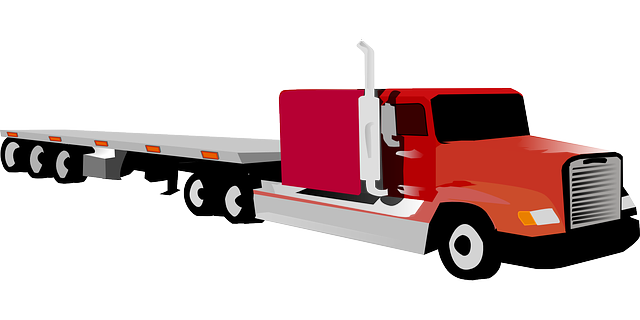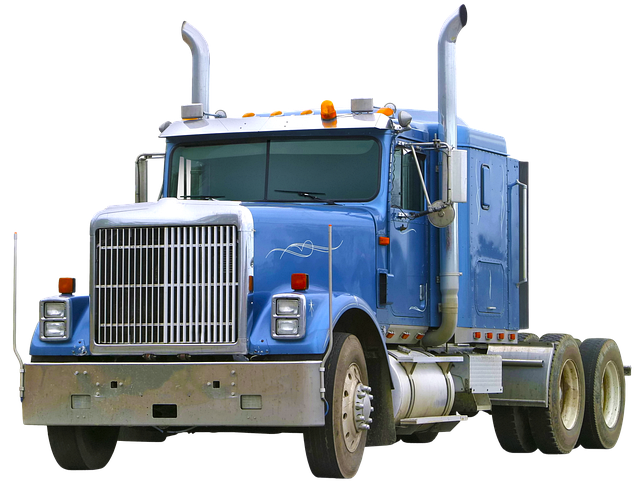Small trucking operators navigating complex insurance landscape need clear terms for effective risk management. Key terms like small fleet liability coverage, comprehensive fleet insurance, and physical damage insurance offer vital protections against losses. Tailored fleet policies with multi-truck coverage options provide best coverage for diverse operational needs, enabling operators to focus on core business objectives.
In today’s complex business landscape, small fleet operators face a daunting task when navigating the world of insurance. Unclear policy terms and jargon-filled contracts can leave them vulnerable and underinsured. This article guides you through the process of prioritizing transparency and understanding in fleet insurance. From demystifying legal language to exploring tailored coverage options, we empower operators to make informed decisions, ensuring they secure the best protection for their unique trucking operations. Discover how transparent communication and comprehensive knowledge are cornerstones for top-rated trucking insurance.
Understanding Your Policy Terms: Demystifying Complex Language

In the world of trucking and fleet management, understanding your policy terms is as crucial as navigating a labyrinth. Many small fleet operators often find themselves overwhelmed by the complex language used in insurance policies, especially when it comes to comprehensive fleet insurance or top-rated trucking insurance. However, demystifying these terms is essential for making informed decisions regarding your best coverage options.
Terms like small fleet liability coverage, cargo protection plans, and physical damage insurance may seem intimidating at first glance, but they are designed to safeguard your business interests. Tailored fleet policies offer custom-fit solutions for unique operational needs, ensuring that you have the right coverage for your vehicles, drivers, and cargo. With multi-truck coverage options, small operators can leverage these to secure comprehensive protection, managing risks effectively and focusing on their core business objectives without worrying about policy jargon.
– Deciphering legal jargon

In the world of trucking and fleet management, understanding policy terms is as vital as navigating a labyrinth. The complexity often lies in deciphering legal jargon that can leave small fleet operators feeling daunted. “Comprehensive fleet insurance” or “top-rated trucking insurance” may seem like marketing terms, but they hold specific meanings crucial for protection. “Small fleet liability coverage” refers to the shield against potential claims, while “cargo protection plans” safeguard the goods transported. “Physical damage insurance” covers the vehicles themselves from accidents or mishaps.
To simplify this process, operators should seek tailored fleet policies that offer the best coverage for their needs. These policies can include multi-truck coverage options, catering to diverse fleets. By demystifying these terms and conditions, small fleet operators can ensure they are not just paying premiums but also securing comprehensive protection, ultimately enhancing their business’s stability and peace of mind.
– Breaking down key policy terms and conditions

In the realm of policy terms and conditions, particularly for small fleet operators, transparency is key to ensuring best coverage and fostering trust. Often, complex insurance jargon can be a hurdle for folks navigating the landscape of trucking insurance. Therefore, breaking down these key terms becomes imperative. When exploring options for top-rated trucking insurance or comprehensive fleet insurance, small business owners must understand their liability coverage. This includes protections against potential physical damage to vehicles, as well as cargo protection plans that safeguard their goods during transit.
Tailored fleet policies offer specific benefits tailored to the unique needs of multi-truck operations, providing not just top-notch coverage but also peace of mind. By clarifying these terms and conditions, small fleet operators can make informed decisions when choosing between various insurance providers. This enables them to opt for the best coverage that suits their operation, be it a vibrant bustling fleet or a more niche operation requiring specific cargo protection plans. Remember, navigating these policies with clarity ensures optimal risk management and a strong foundation for any trucking enterprise.
– Importance of clarity for small fleet operators

For small fleet operators, clarity in policy terms and conditions is paramount to ensuring smooth operations and minimizing risks. Often navigating complex insurance landscapes, these operators need straightforward language and comprehensive coverage tailored to their unique needs. The best coverage for small fleets should encompass a range of essential protections, including liability coverage for potential damages or accidents involving their vehicles and cargo.
Comprehensive fleet insurance, featuring physical damage insurance, offers vital peace of mind by safeguarding against financial losses due to vehicle breakdowns or collisions. Additionally, top-rated trucking insurance providers can provide specialized cargo protection plans, ensuring that valuable goods are secured against theft, damage, or loss during transit. Tailored fleet policies and multi-truck coverage options cater to the specific requirements of small businesses, enabling them to focus on their core operations while mitigating potential legal and financial pitfalls.
In today’s complex policy landscape, small fleet operators can navigate the challenges of transportation with enhanced clarity and confidence. By prioritizing transparency and understanding in terms and conditions, operators gain crucial insights into their comprehensive fleet insurance, top-rated trucking insurance, and tailored fleet policies. This enables them to make informed decisions regarding best coverage, small fleet liability coverage, cargo protection plans, and physical damage insurance. With these measures in place, small fleet owners can ensure they’re protected across all aspects of their operations, fostering a safer and more secure environment for both their businesses and drivers.
